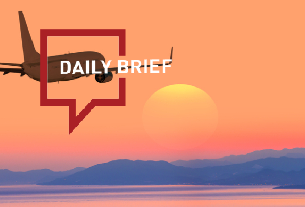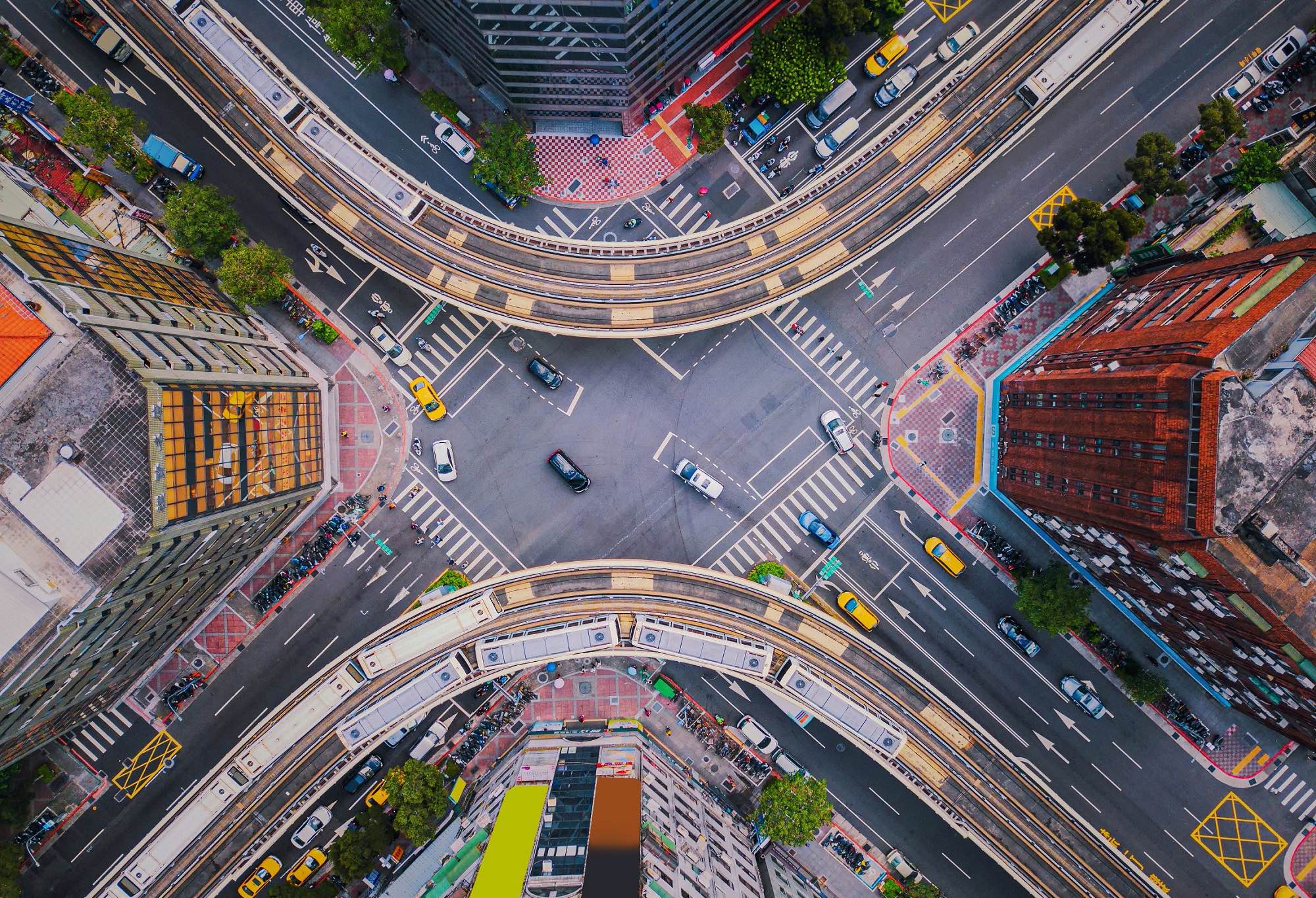More than a year after it shut its borders to foreign tourist arrivals, on 1 April Taiwan will begin quarantine-free travel arrangements with one of its few remaining diplomatic allies in the region, the Pacific island of Palau.
The move will see flag carrier China Airlines mount twice-weekly flights between Taipei and Palau, with strict capacity caps of 110 passengers per flight.
The Taiwan-Palau bubble is also part of a broader attempt by the Taiwanese government to establish similar arrangements with countries in the region which have had relative success in controlling the spread of the coronavirus, including with Vietnam and Singapore.
It could possibly be the first such travel bubble arrangement to actually take off, following failed attempts in 2020 by other cities and countries.
Australia and New Zealand, two countries which have also controlled the pandemic’s spread, are once again in talks for two-way travel bubbles, following various failed attempts last year. New Zealand prime minister Jacinda Ardern recently stated that she would reveal when such arrangements would begin on 6 April.
While trans-Tasman talks carry on, Australia is also pursuing similar arrangements with other countries, including Singapore.
A year since the coronavirus pandemic turned the aviation industry on its head, the drumbeat of establishing travel bubbles is slowly getting louder once again.
After several botched attempts at creating travel bubbles, will the latest attempts — now running alongside a vaccination rollout — finally succeed? More importantly, with vaccines in place, are travel bubbles still relevant?
WHERE IT BEGAN
The idea of travel bubbles was mooted as the region convulsed between waves of outbreaks in 2020.
As early as last May, Australia and New Zealand leaders began talks about a Trans-Tasman bubble, given that their battle with the coronavirus had “similar trajectories”.
The reciprocal bubble arrangement will benefit both countries, said their leaders, particularly for their tourism industries, which were beginning to acutely feel the sting of shut borders.
Other benefits touted include improved business ties, which build on a free trade deal of more than 30 years.
But as the months went on, neither governments provided a clear timeline on when the travel bubble would be implemented. Then both countries, which hitherto kept the virus under strict control, recorded fresh cases, and plans for a travel bubble were put on the backburner.
New Zealand and Australia will now try a different approach, by establishing travel bubble arrangements state by Australian state, as opposed to the country as a whole.
In October, Singapore and Hong Kong announced an in-principle arrangement for a travel bubble, set to kick off in late November.
The much-anticipated travel bubble, which saw a surge in bookings following the announcement, was the first such arrangement for both cities, which have suffered from a plunge in foreign tourist arrivals, coupled with the lack of a domestic market to fall back on.
The premise was simple: pre- and post-arrival testing took the place of the mandatory quarantine measures.
However, at the eleventh hour, both cities pulled the plug on the travel bubble, following a spike in locally-transmitted cases in Hong Kong, which subsequently saw a fourth wave of infections.
The travel bubble was postponed once, and then a second time, before it was put off indefinitely.
Yet, both governments have stressed that they remain committed to seeing the travel bubble through. In early March, Singapore’s transport minister Ong Ye Kung said both Singapore and Hong Kong were still keen to launch, but will wait for “when the conditions are right”.
Singapore, too, has reportedly been the subject of several travel bubble arrangements, including with Australia and Taiwan.
With Australia, Singapore’s foreign affairs ministry would only state that it was in discussions about the “mutual recognition of vaccination certificates and resumption of travel with priority for students and business travellers”.
Also on the agenda is the “possibility” of a travel bubble arrangement, though both countries did not indicate a timeframe for discussions.
TRAVEL BUBBLES A SHOT IN THE ARM?
Underpinning talk of establishing quarantine-free travel arrangements is the broader need to restart travel safely, in order to boost the ailing fortunes of the industry.
Yet, unlike the state of play in 2020, this year’s talk of travel bubbles comes amid an ambitious — yet patchy, at times — coronavirus vaccination rollout.
Globally, countries are rushing to get their citizens vaccinated, and talk of vaccine passports allowing for a gradual reopening of borders are par for the course now.
Indeed, analysts tell FlightGlobal that the presence of an inoculation programme is the key difference in attempts to establish travel bubbles now, though it is still unclear if it would render such bubbles irrelevant, or provide a stronger impetus to establish travel bubbles.
They agree though, that travel bubbles are but one of many means to reestablish international air travel.
Shukor Yusof, founder of aviation consultancy Endau Analytics, says: “The rollout of vaccines and the slowdown in transmission, have allowed for more discussions on the possibility of travel bubbles.”
Independent aviation analyst Brendan Sobie tells FlightGlobal: “I think vaccines do help facilitate bubbles but are not necessarily required. In fact some bubbles are close to being implemented without vaccinations being a requirement. But for some bubbles they could require vaccinations to supplement or partially replace the testing requirements.”
Joanna Lu, head of consultancy Asia at Ascend by Cirium, believes that the previous failed attempts would have made countries considering travel bubbles extra cautious about restarting talks.
“[It] looks like the countries that are considering travel bubbles are prepared to take extra caution and respond to small outbreaks without stopping the bubble. Procedures prepared to launch the travel bubble are laid out in a more detailed level, such as with the Australia-New Zealand bubble,” she states.
Still, the analysts believe that because a travel bubble is effectively a bilateral agreement, it will require diplomatic will to succeed.
Says Sobie: “Politics or domestic issues make these very difficult to pull off as two countries have to be totally aligned in many ways. Surges in cases are always a threat that can pop any bubble before it starts.”
Lu adds that because travel bubbles are bilateral in nature, efficiency, particularly in standardising clear procedures, “could be a challenge”.
While it remains to be seen if this latest round of travel bubble talks will finally come to fruition, it is clear that it will be one of the many ways to help reopen air travel.
Says Sobie: “In theory several air travel bubbles should be in place by now and while each bubble is not that significant given the typical quotas on flights and number of passengers, if there are several, we at least would see a bit of a pick-up in international traffic, providing a bit of good news for airlines and airports until the broader reopening can start.”
Still, should travel bubbles fail to happen, one alternative is to “wait for a broader reopening”.
Sobie adds: “I think we will eventually get there and you will start to see some countries simply open up their borders, possibly only to vaccinated travellers, by the end of this year.”
“But in the meantime, bubbles still offer a platform to facilitate a partial resumption of air travel earlier. Whether they actually happen before we get to the broader reopening remains to be seen, but they are certainly worth pursuing.”
Read original article




